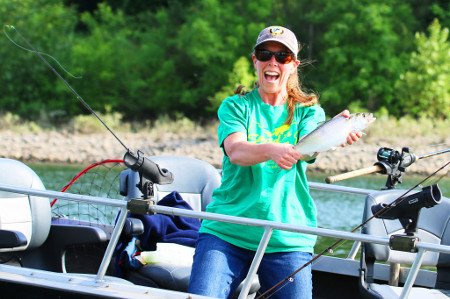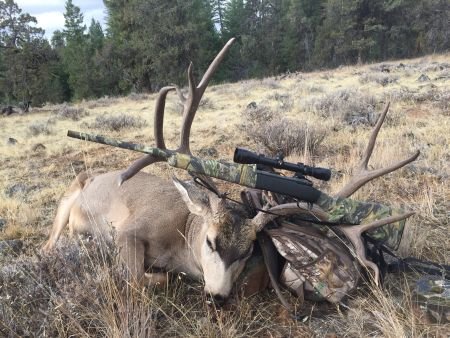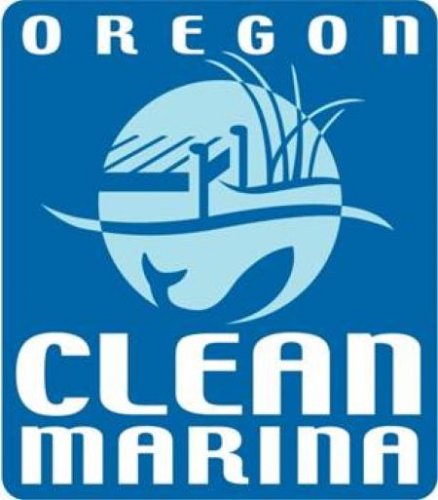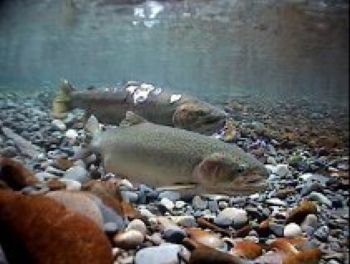Huge Number of Razor Clams Await North Oregon Coast Clammers
From July 15 to Sept. 30 ODFW staff collected information about the distribution, abundance, and sizes of razor clams.
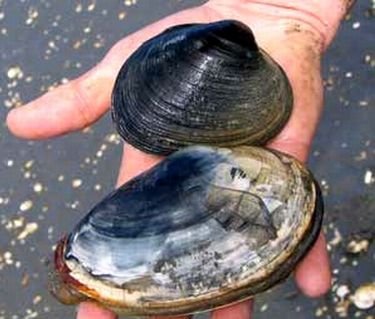
(ASTORIA, Ore. ) — The Clatsop beaches will re-open to razor clamming Oct. 1 following the annual conservation closure.
During the razor clam conservation closure, ODFW conducted stock assessment surveys to determine the status and health of the population.
From July 15 to Sept. 30 ODFW staff collected information about the distribution, abundance, and sizes of razor clams. Similar surveys have been conducted annually since 2004.
This year’s survey found the highest number of razor clams since ODFW began conducting the assessment.
About 16 million razor clams inhabit the 18-mile stretch of beach located between the Columbia River south jetty and Tillamook Head.
This estimate of clam abundance is significantly greater than the previous peak of 9 million clams in 2005.
The average size of clams was a little over 2 ½ inches, and only a few larger than 4-inches were found.
Razor clams were distributed fairly evenly along the entire stretch of beach.
“These high numbers are very encouraging,” said Matt Hunter, ODFW’s Shellfish Project Leader. “Clatsop beach hasn’t seen a significant recruitment since 2009 so this bodes well for future years.”
“Come this spring, if the small razors survive the winter, we could have an epic season.” Hunter added.
Razor clammers enjoyed good harvest rates and unusually large clams over the past spring season. Many clams were over 6-inches.
The Clatsop beaches are the most productive razor clam beaches in the state, accounting for more than 90 percent of the total harvest.
“Although few of the larger clams were seen during the assessment, the smaller clams were plentiful,” Hunter said. “Harvesters will just need to be selective about which shows they dig, understand that there are lots of small clams on the beach, and be mindful of the regulations.”
“When there are lots of smaller clams available, it is important for razor clammers to remember they must keep the first 15 clams regardless of their size or condition,” Hunter added.
ODFW reminds clam diggers to follow these clam harvesting rules:
- Clam diggers 14-years and older must have a shellfish license to harvest clams.
- All clam diggers, regardless of age, must dig their own clams, carry their own container to hold harvested clams, and may not possess more than one limit of clams in the clamming area.
- The bag limit is the first 15 clams taken, regardless of size – small or broken clams must be included in the bag limit.
- Razor clams may be taken by hand, shovel or with a clam tube at least 4 inches in diameter.
For the latest shellfish safety information call the shellfish safety hotline before harvesting: 1-800-448-2474.
